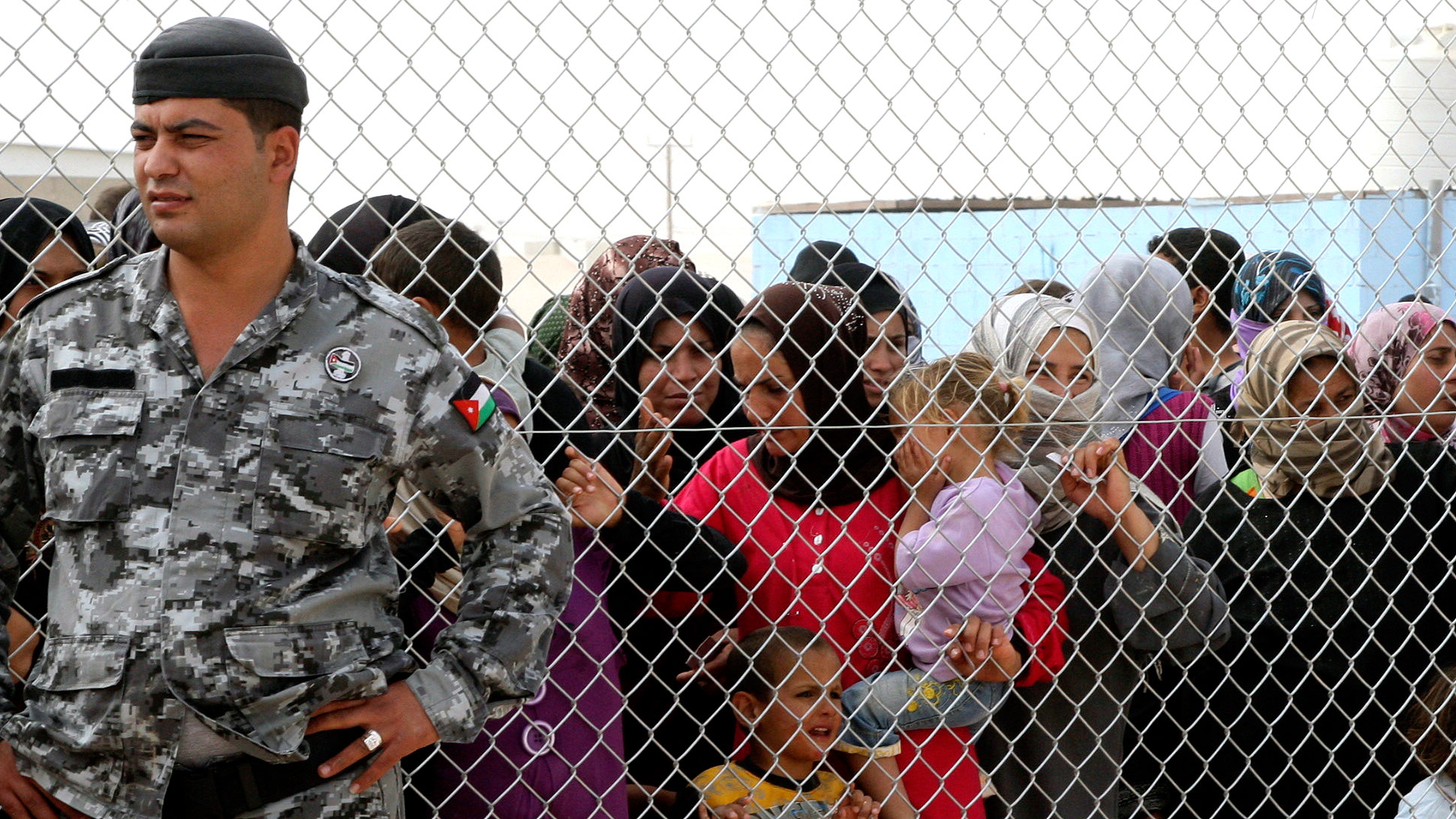Four million Syrians will need humanitarian aid by next year
The United Nations warns that the number of people within Syrian needing humanitarian aid will soar from 2.5 million to around 4 million by early next year.

Speaking in Geneva the director of operations at the UN Office for the Coordination of Humanitarian Affairs, John Ging, said that the world was already failing to meet the needs of those caught up in the violence:
“Every day our humanitarian colleagues on the ground are engaging with people who are ever more desperate, ever more fearful for their lives and for the lives of their families because of this conflict.”
As well as the plight of those still within the country, the refugee crisis continues to intensify.
An estimated 11,000 people fled Syria overnight in an exodus that brings the total number of refugees to over 400,000 with no end to the conflict in sight.
In the last 24 hours Turkey took in 9,000 Syrians, while Lebanon and Jordan both took in 1,000 each. The total number of refugees is thought to be significantly higher than current figures indicate.
An estimated 2.5m people have been uprooted by violence inside Syria, according to the UN Refugee Agency (UNHCR), and the number of Syrian refugees in Jordan, Lebanon and Turkey has topped 100,000.
They have had everything destroyed and suddenly find themselves living in a tent in a refugee camp
Ron Redmond, UN Refugee Agency
The battle between the government forces and rebels continued today with the Free Syrian Army claiming victory at a key town near the border with Turkey. However, President Bashar al-Assad remains defiant and has affirmed that his regime is “fighting terrorism” with the support of the Syrian people.
UNHCR spokesman Ron Redmond has confirmed to Channel 4 News that with winter approaching they are working around the clock to ensure adequate shelter is provided in countries across the Middle East and North Africa receiving fleeing Syrians.
He explained that there could be as many as 150,000 refugees currently living in Egypt, with many living in difficult conditions.
“In Jordon 70 per cent are living outside the camps, people are renting places or staying with relatives,” Mr Redmond explained. “In Lebanon they are outside of the camps, and there is a risk of running out of resources with winter approaching.”
In Iraq many fleeing Syrians are living in tents, 49,000 people are thought to have fled to the Kurdistan district. Preparations are underway for harsher weather with 100s of prefab shelters donated by Gulf states and in Turkey the 14 camps are being winterised.
Mr Redmond explained that Syrians who fled have been left in a state of shock with no indication of when they will be able to return home.
“Many of these people had a high standard of living in Syria, they had homes, jobs and cars,” he explained. “They have had everything destroyed and suddenly find themselves living in a tent in a refugee camp.”
An emergency cash assistance programme is also in place for displaced people providing funds for vulnerable families to pay rent or meet critical needs not covered by the aid programme. The cost of relief efforts is expected to run to $488m by the end of the year.
A recent attempt to bring 550 tons of UNHCR supplies to 13,000 families inside Syria was hampered by a ceasefire that did not hold.
In an interview with Russia Today, President Assad has remained defiant claiming “The army cannot withstand for twenty months in these difficult circumstances without having the embrace of the public in Syria”.
“We are the last stronghold of secularism and stability in the region and coexistence, let’s say, it will have a domino effect that will affect the world from the Atlantic to the Pacific.”
The president rubbished rumours that he might flee stating “I am Syrian, I was made in Syria, I have to live in Syria and die in Syria.”
-
Latest news
-
As India goes to the polls in the world’s largest election – what do British-Indians think?6m

-
Tees Valley: Meet the candidates in one of the biggest contests coming up in May’s local elections4m

-
Keir Starmer says public sector reform will be a struggle7m

-
Nicola Sturgeon’s husband Peter Murrell charged with embezzlement of funds from SNP1m

-
Ukraine might finally get $60billion in American weapons and assistance to defend against Russia3m

-





